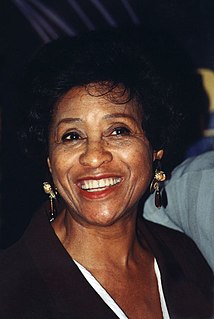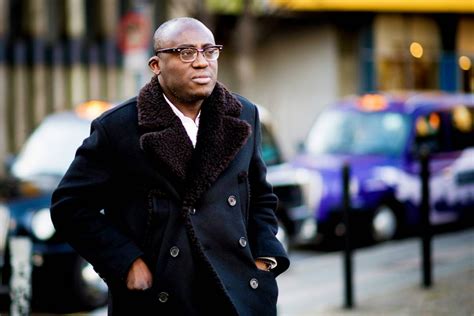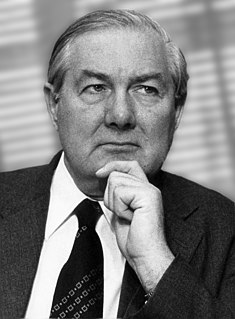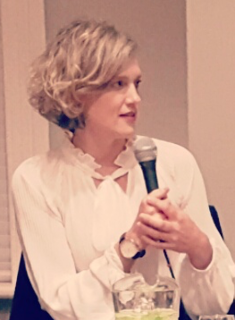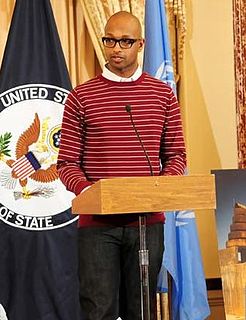A Quote by David Blunkett
I grew up in one of the most deprived parts of Britain. I know the problems which inner-city children face.
Related Quotes
I think that people all grow up and have their same personalities, but you can say, "Oh, I can see the roots of this personality, which I didn't like, but then you grew up, and I can still see you as that person, but I do really like you now." Which is sort of how I feel about children - I mean, about children who I knew when I was a child and grew up with, and they're still my friends, and children that I know as children who I see growing up, and every year I like them more.
Most of us are conditioned for many years to have a political viewpoint - Republican or Democratic, liberal, conservative, or moderate. The fact of the matter is that most of the problems that we now face are technical problems, are administrative problems. They are very sophisticated judgments, which do not lend themselves to the great sort of passionate movements which have stirred this country so often in the past. - They deal with questions which are now beyond the comprehension of most men.
One always, sooner or later, comes upon a city which is an image of one's inner cities. Fez is an image of my inner self. ... The layers of the city of Fez are like the layers and secrecies of the inner life. One needs a guide. ... There were in Fez, as in my life, streets which led nowhere, impasses which remained a mystery.
I lived in lower-income neighborhoods in the inner city. Across the street were dark parts of the world. I've experienced the gamut, from third world to inner city to my parents working their way out of being secretaries and janitors to professors and real-estate people. They've shown me a path of perseverance and hard work in a peaceable way.


